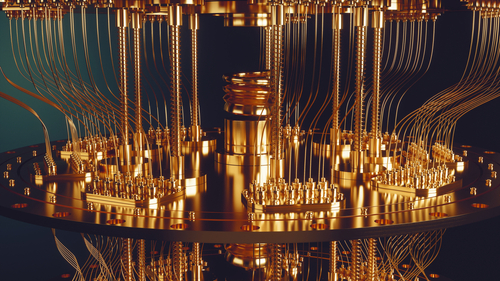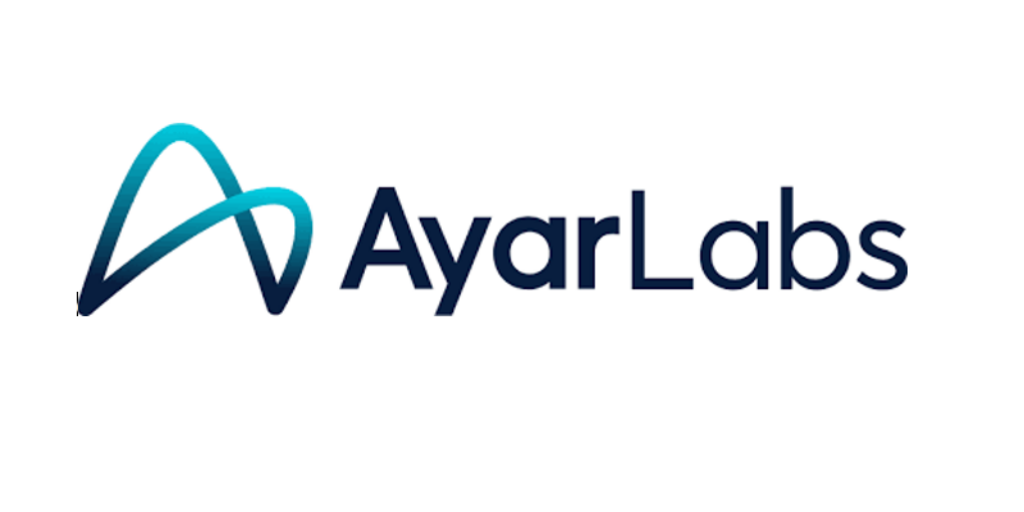The European High Performance Computing Joint Undertaking (EuroHPC JU) has selected six sites across the European Union (EU) to host the first EuroHPC quantum computers: IT4I (Czechia), LRZ (Germany), BSC-CNS (Spain), GENCI-CEA (France), CINECA (Italy), and PSNC (Poland).
EuroHPC JU said Italy, France, Spain and Poland stood out among the countries expressing interest:
For Italy, the EuroQCS-Italy project was selected. EuroQCS-Italy is an Italian-led consortium formed by Italy (CINECA, hosting entity), Slovenia (ARNES) and Germany (FZJ). The chosen quantum computer is a “neutral atoms” qubit technology computer, capable of operate both in analog than in digital mode. It will be installed in the Bologna Technopole and it will work in synergy with the EuroHPC “Leonardo” supercomputer. The Italian strategy for the development of quantum computing passes through a close link with the world of HPC. The newborn National Center of HPC, Big Data and Quantum Computing, financied by the Italian government and led by INFN (with the participation, especially at the infrastructural level, of CINECA) aims at the creation of a national network of supercomputers connected to various types of accelerators, including quantum accelerators. The arrival of the EuroHPC quantum computer fits perfectly into the dynamics of the center, providing a significant upgrade for Leonardo’s infrastructure and connecting, through the EuroQCS initiative, the Italian unification strategy with the European one. The National Center will also be a place of aggregation and meeting for all Italian researchers, who will therefore be able to access computing resources scattered throughout the country in a simple and effective way.
The EuroQCS-France consortium is led by GENCI as hosting entity and CEA as hosting site, with the University Politehnica of Bucharest (UPB, Romania), Forschungszentrum Jülich (FZJ, Germany) and Irish Centre for High-End Computing (ICHEC, Ireland) as members. The targeted technology will be a photonic quantum computer that will be installed at TGCC and coupled with the Joliot Curie supercomputer just like the 100-qubit Pasqal quantum simulator acquired in the context of the HPCQS project. In the context of the French National Quantum Plan, GENCI and the CEA have been mandated, among other partners, to participate in the France Hybrid HPC Quantum Initiative (HQI), which aims at coupling a HPC system with different flavors of quantum simulators and quantum computers. On top of this infrastructure, HQI also consists in an academic and industrial research program around HPC+Quantum, along with dissemination and end-user support activities. The Pasqal system and the EuroHPC photonic quantum computer will be the first two machines exposed within this HQI platform. EuroQCS-France is also contributing. The ambition is to learn from the integration of these platforms in an HPC+Quantum ecosystem to propose an optional production-class Quantum partition for targeted workloads in the future French Exascale supercomputer. EuroQCS-France also contributes use cases to the EuroQCS joint effort, around various topics such as electromagnetic simulation, structural mechanics, engine combustion, material simulation, meteorology and earth observation.
The EuroQCS-Spain consortium is led by the BSC-CNS as a hosting site, the International Iberian Nanotechnology Laboratory (INL) from Portugal and the Institut de Física de Altes Energies (IFAE) from Spain. The BSC-CNS will integrate its current digital quantum computer based on superconducting circuits with an analog quantum processor procured by the JU, and the pre-exascale supercomputer MareNostrum5. All together will become a highly heterogenic supercomputing infrastructure, with two types of classical processors and two types of quantum processors.
Quantum Spain (https://quantumspain-project.es/) is a collaborative project coordinated by the BSC-CNS that involves 27 institutions across the Spanish territory. It aims to install a digital quantum computer at the BSC-CNS and integrate its access to the Spanish Supercomputing Network (Red Española de Supercomputación). With the EuroHPC analog quantum computer acquisition, the users of this network, together with any European user, will greatly benefit from a highly sophisticated computational infrastructure.
One of the critical areas under the Polish government strategy covers High-Performance Computing & Quantum Computing aspects. Supercomputers are planned to be included in Poland’s strategic resources to serve as innovative tools for advanced computing simulations and Big Data analysis. The Polish government will also use them to support AI-based solutions, including support for industrial and transport innovation, energy, space technology, meteorology, or crisis modelling. To meet the ambitious goals in the sphere of digital innovation for science and the information society, it is necessary as a country to create conditions for access to innovative tools and e-infrastructure using no longer just supercomputers but also new powerful quantum computers. The designation of Poland as one of six European locations for hosting a new hybrid classical-quantum supercomputer is in line with Poland’s strategic objectives. PSNC, as coordinator of the EuroQCS-Poland consortium, has for many years represented Poland in the PRACE initiative for cooperation in advanced computing in Europe, actively participates in developing the GÉANT pan-European network as NREN and is also involved in the EuroQCI initiative.
More information on the EuroQCS whitepaper can be found here.
source: EuroHPC JU




